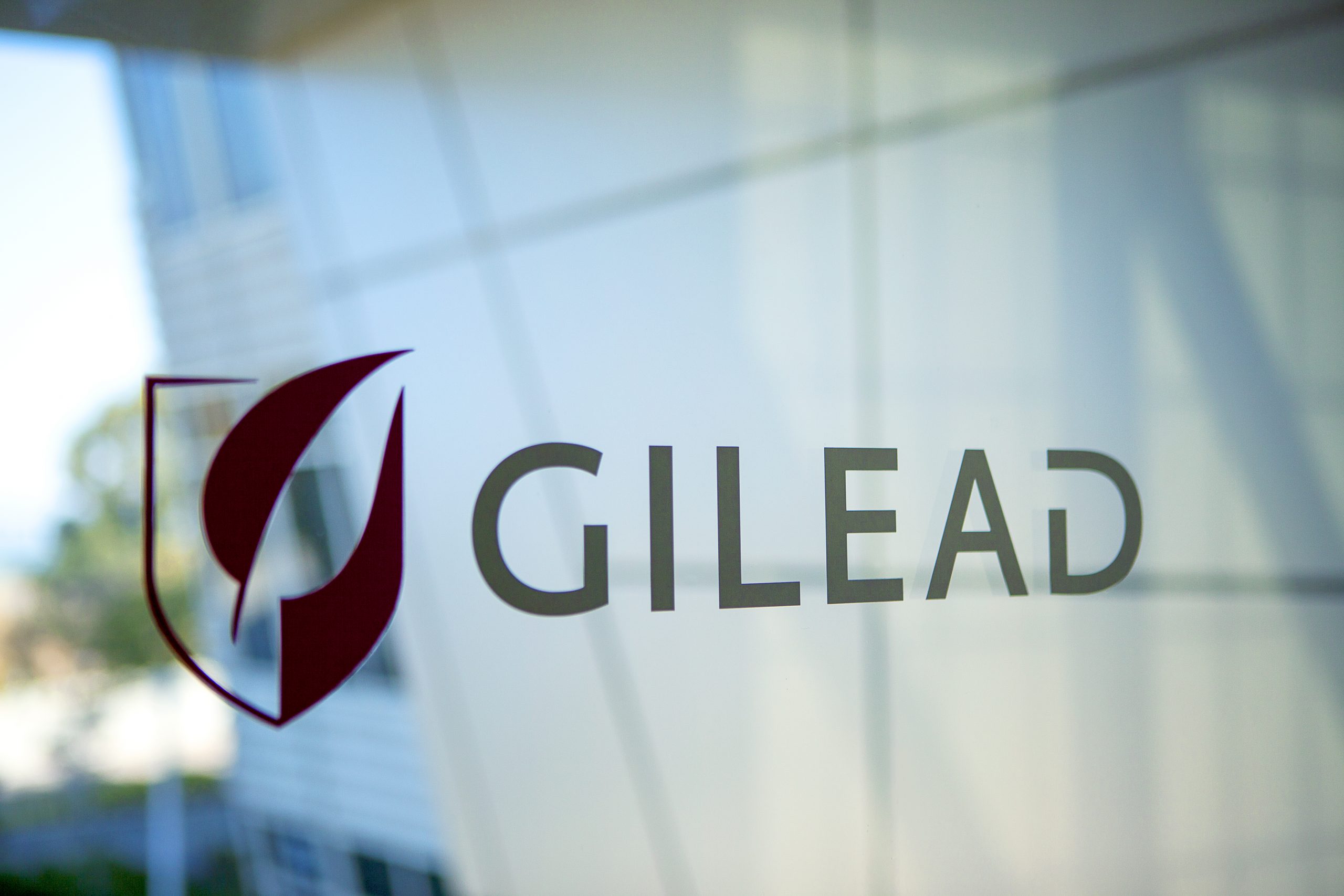Analysts question Gilead's commitment to arthritis drug after FDA setback

The FDA has rejected Gilead and Galapagos’ rheumatoid arthritis (RA) pill filgotinib over concerns that it could damage male fertility, prompting speculation that the big US pharma could become disillusioned with the project.
Filgotinib needs to be good: it is the fourth Janus kinase (JAK) inhibitor to market after Eli Lilly’s Olumiant (baricitinib), Pfizer’s Xeljanz (tofacitinib), and AbbVie’s Rinvoq (upadacitinib).
There have been safety issues including thrombotic events in all of the drugs approved in the class so far and the developers hoped that filgotinib would be able to offer the convenience of an oral medicine without the boxed warnings that appear on already-approved rivals.
But the FDA has rejected a filing in rheumatoid arthritis, saying in a dreaded Complete Response Letter that it required data from the ongoing MANTA and MANTA-Ray studies before completing its review.
The studies are designed to assess whether filgotinib has an impact on sperm count, and the FDA has concerns about the overall risk/benefit profile of filgotinib at its highest 200 mg dose.
Data from toxicology studies in rats and dogs suggested this could be an issue, but there has been no evidence of it occurring in human trials to date.
However analysts from Jefferies said the unexpected development is a “significant” setback for a drug that could be worth up to $6 billion in annual sales if approved in all its potential indications such as ulcerative colitis and Crohn’s disease.
In a broker note a team led by Peter Welford said: “We understand approval of the 200 mg dose for RA is viewed as important for partner Gilead, likely needed as a differentiating factor given fourth JAKi to market.”
Data from the phase 3 FINCH study suggested filgotinib’s safety profile could be best-in-class, but the Jefferies team said that Gilead’s “commitment may now be shaken”.
A disappointing efficacy readout in ulcerative colitis in May will hardly have helped matters, particularly as Gilead has already invested billions in Galapagos, signing $5.1 billion in a deal with Galapagos last year to develop rheumatoid arthritis and inflammatory diseases drugs.
This is on top of $2 billion when it signed a partnership over filgotinib in 2015.
Jefferies still expects approval in Europe and Japan later this year but investor confidence was hit by the news as a sizeable chunk of sales are expected to come from the US.
Shares in Galapagos fell by 25% on the Euronext market in Amsterdam following the announcement, while Gilead’s fell almost 6% in pre-market trading on the Nasdaq.













